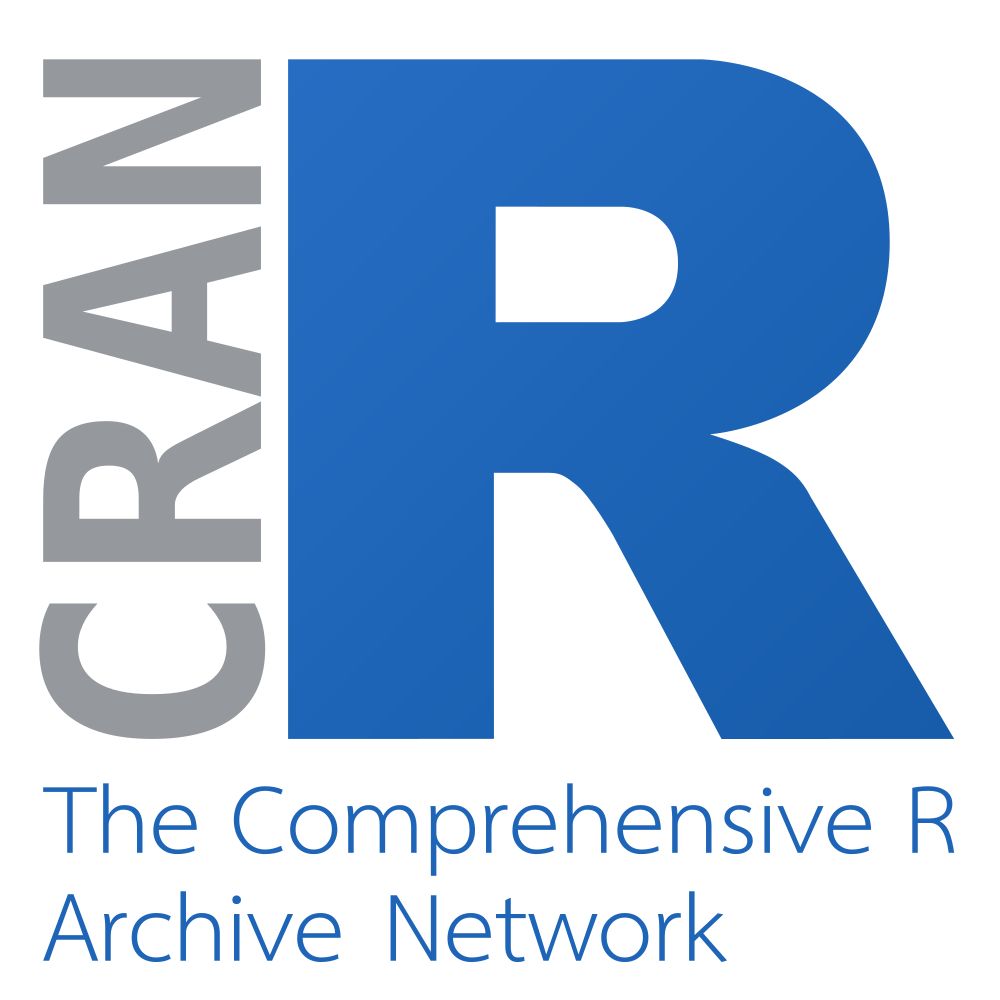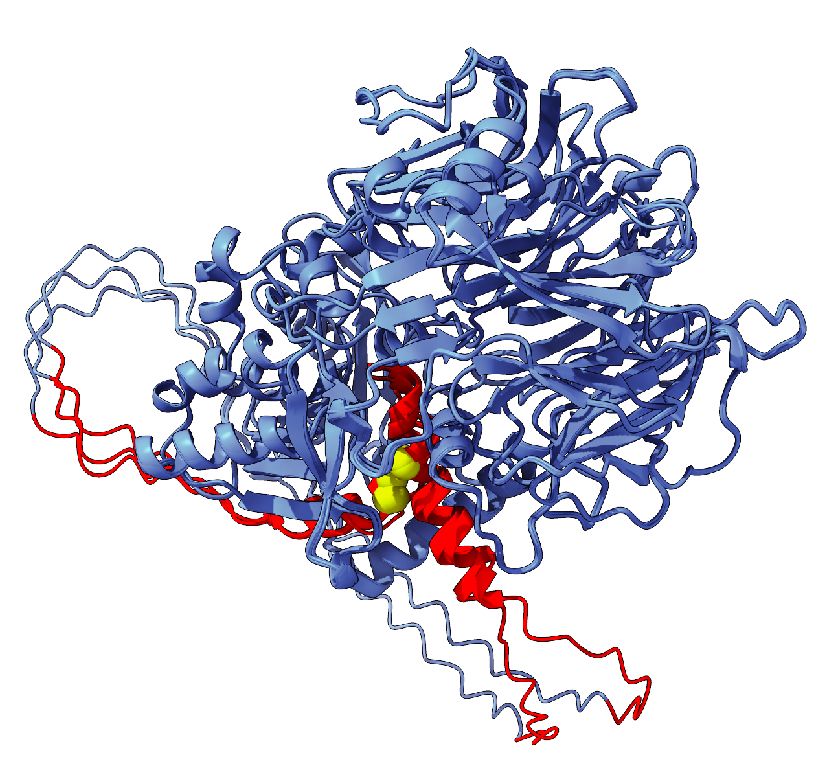Posts
Media
Videos
Starter Packs
Joe Marsh
@jmarshlab.bsky.social
· Aug 19

Assessing variant effect predictors and disease mechanisms in intrinsically disordered proteins
Author summary Some parts of proteins, known as intrinsically disordered regions, do not fold into fixed shapes. Instead, they stay flexible and play key roles in controlling how cells work, often by ...
journals.plos.org
Reposted by Joe Marsh
Mihaly Badonyi
@mbadonyi.bsky.social
· Aug 15

acmgscaler: An R package and Colab for standardised gene-level variant effect score calibration within the ACMG/AMP framework
A genome-wide variant effect calibration method was recently developed under the guidelines of the American College of Medical Genetics and Genomics and the Association for Molecular Pathology (ACMG/A...
www.biorxiv.org
Joe Marsh
@jmarshlab.bsky.social
· Aug 4
Ben Livesey
@bjlivesey.bsky.social
· Aug 1

Why variant effect predictors and multiplexed assays agree and disagree
Computational variant effect predictors (VEPs) and multiplexed assays of variant effect (MAVEs) are two key tools for assessing the functional consequences of genetic variants. While their outputs are...
www.biorxiv.org
Reposted by Joe Marsh
Reposted by Joe Marsh
Reposted by Joe Marsh
Joe Marsh
@jmarshlab.bsky.social
· May 22
Reposted by Joe Marsh
Reposted by Joe Marsh
Joris Veltman
@jorisveltman.bsky.social
· May 16
Lecturer in Computational Genomics
Establishing an innovative research line as Lecturer in Computational Genomics related to reproductive disorders and genomic medicine. This Lecturer post is full-time (35 hours per week); however, we ...
elxw.fa.em3.oraclecloud.com
Reposted by Joe Marsh
Doug Fowler
@dougfowler.bsky.social
· May 15
Atlas of Variant Effects 2030 Roadmap: resolving human variants of uncertain significance
At the Clinical Atlas of Variant Effects meeting (CLAVE meeting, July 2024, Pittsburgh USA), we developed recommendations for a draft atlas that can be realized by 2030, with a focus on empowering gen...
zenodo.org
Reposted by Joe Marsh
Joe Marsh
@jmarshlab.bsky.social
· Apr 22
Joe Marsh
@jmarshlab.bsky.social
· Apr 22
Joe Marsh
@jmarshlab.bsky.social
· Apr 22

Variant effect predictor correlation with functional assays is reflective of clinical classification performance - Genome Biology
Background Understanding the relationship between protein sequence and function is crucial for accurate classification of missense variants. Variant effect predictors (VEPs) play a vital role in decip...
doi.org
Joe Marsh
@jmarshlab.bsky.social
· Apr 15

Guidelines for releasing a variant effect predictor - Genome Biology
Computational methods for assessing the likely impacts of mutations, known as variant effect predictors (VEPs), are widely used in the assessment and interpretation of human genetic variation, as well...
doi.org
Reposted by Joe Marsh
Reposted by Joe Marsh








